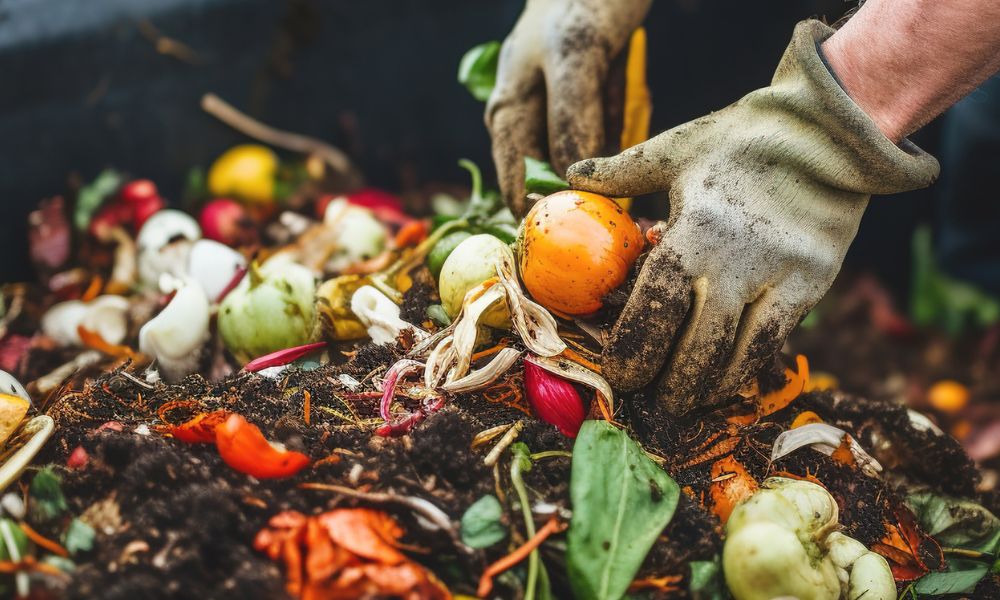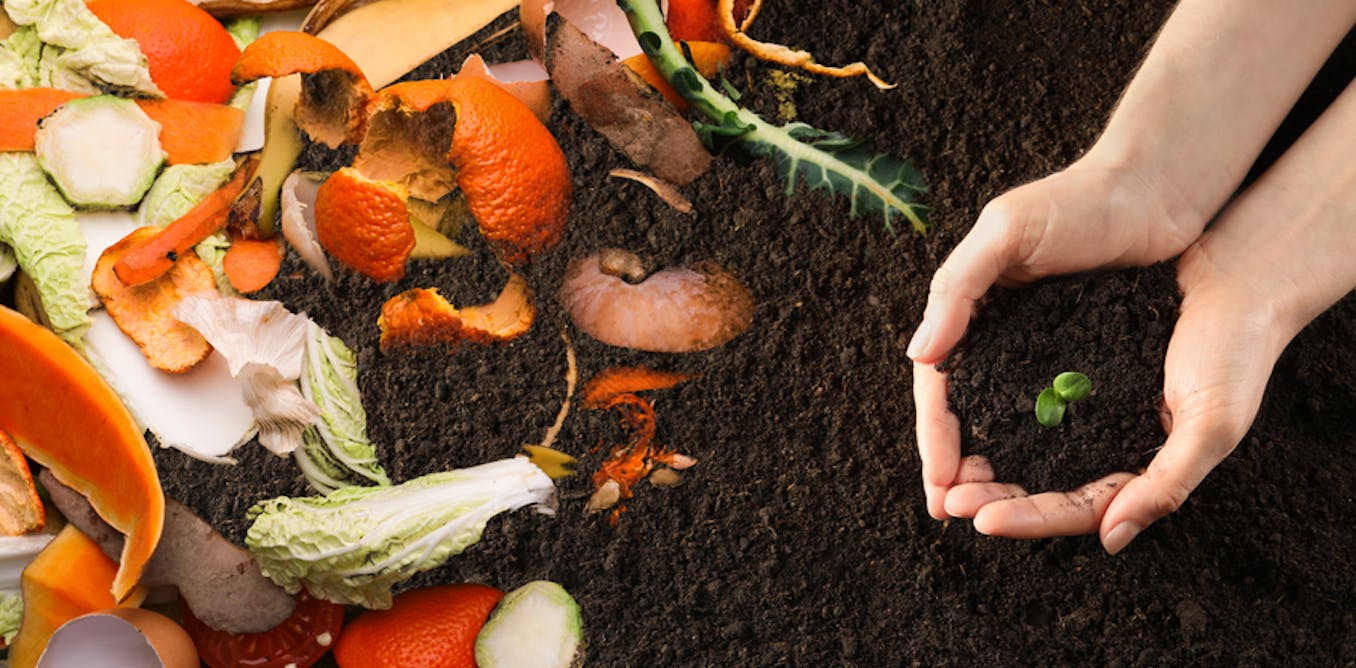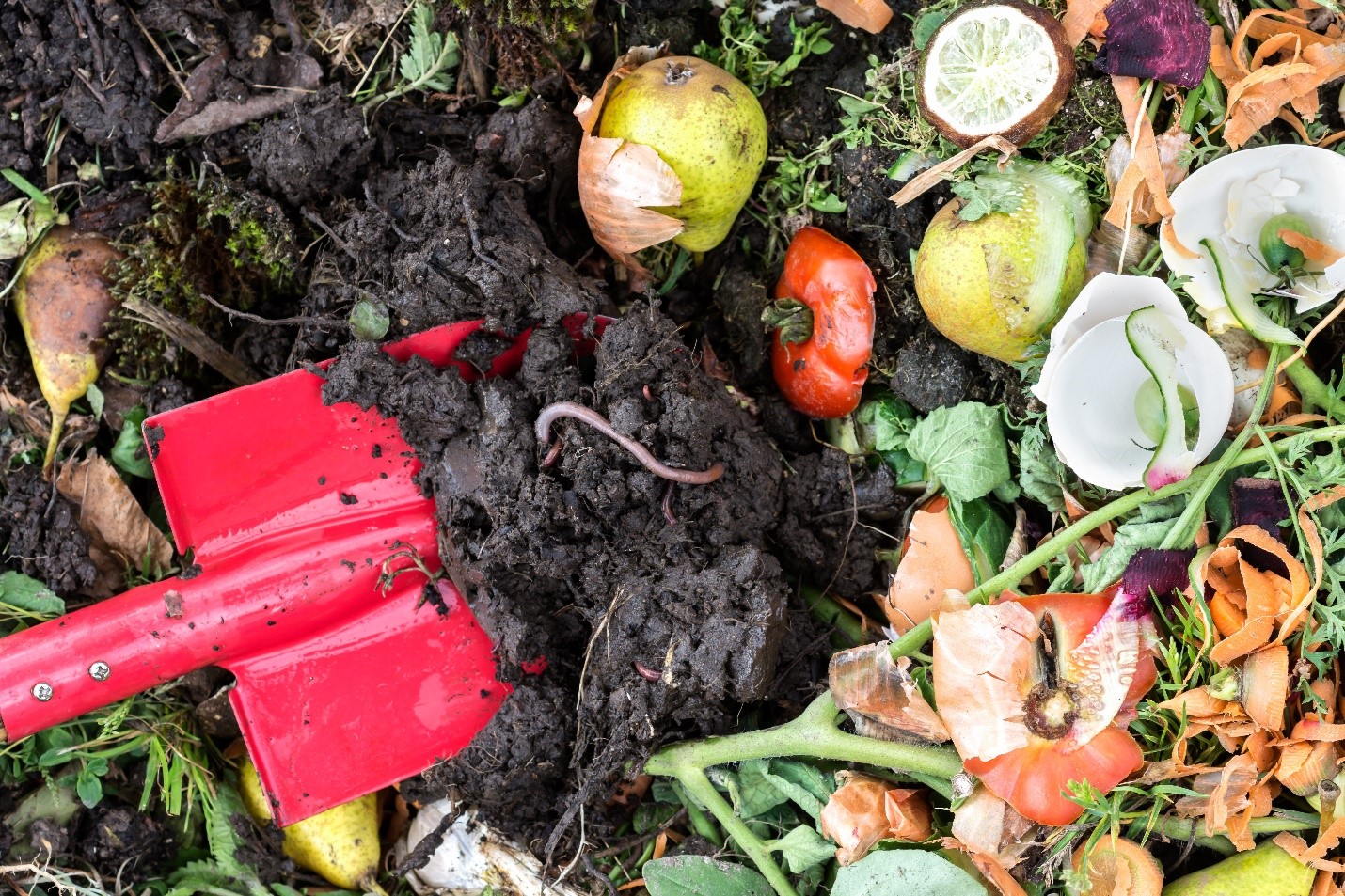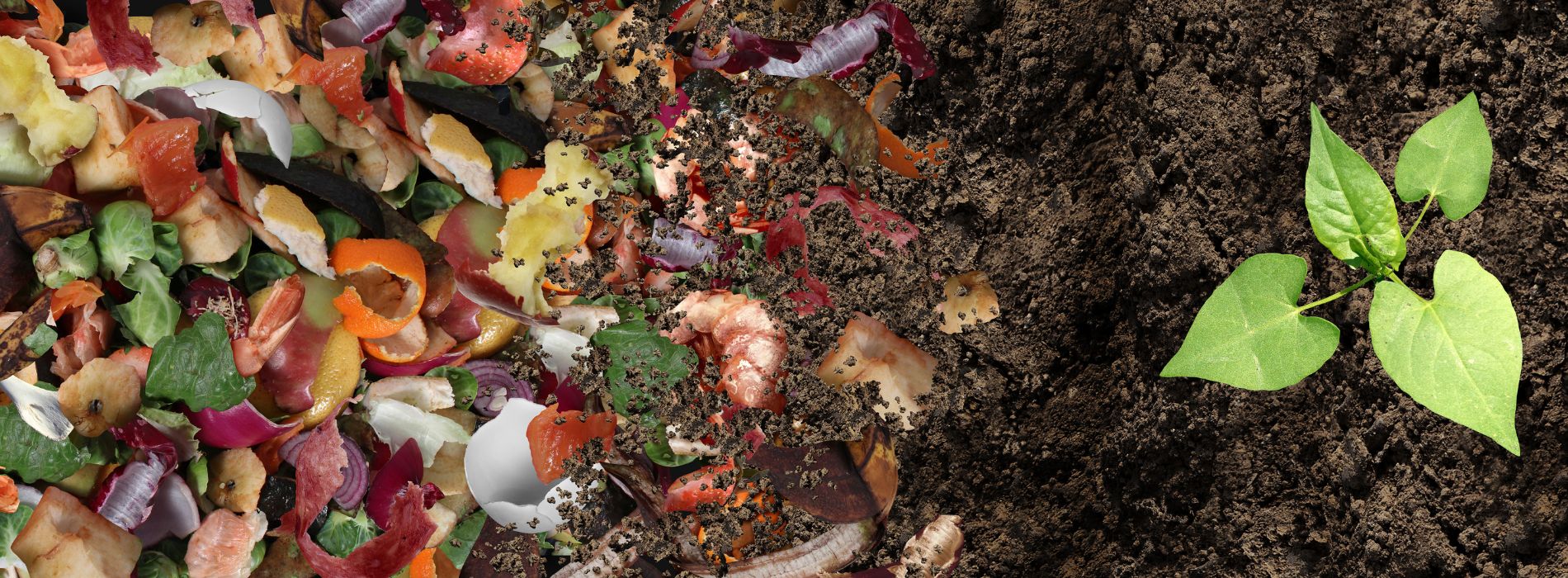

Composting is a sustainable and environmentally friendly method of managing organic waste. It offers numerous benefits for the environment and communities by converting food scraps, yard trimmings, and other organic materials into nutrient-rich soil amendments. Composting not only reduces waste but also mitigates greenhouse gas emissions and promotes sustainable agriculture. This article explores the historical background, key concepts, benefits, methods, case studies, current trends, challenges, and future outlook of composting as a waste management solution.
Composting has a rich history dating back to ancient civilizations. The Egyptians, Greeks, and Romans recognized the value of composting in enriching soils and enhancing agricultural productivity. Over time, composting techniques evolved and became an integral part of modern waste management practices. Today, composting plays a crucial role in diverting organic waste from landfills and promoting sustainability.
Composting involves the decomposition of organic waste materials under controlled conditions to produce a nutrient-rich soil amendment called compost. Organic waste refers to any material derived from living organisms, such as food waste, leaves, and agricultural residues. The process of composting requires a balance of carbon-rich (browns) and nitrogen-rich (greens) materials, along with adequate moisture and oxygen. Sustainability, in the context of composting, entails utilizing organic waste in a way that minimizes environmental impact and supports long-term ecological balance.

Composting offers several benefits, including the reduction of waste in landfills. By diverting organic waste from landfills, composting helps alleviate the pressure on limited landfill space and reduces methane emissions, a potent greenhouse gas. Additionally, composting produces nutrient-rich soil amendment, enriching soils with organic matter, improving water retention, and enhancing plant growth. Furthermore, composting contributes to greenhouse gas reduction by sequestering carbon in the soil, mitigating climate change.
Various composting methods and techniques are available. Traditional composting involves creating compost piles or bins in which organic waste materials decompose naturally over time. Vermicomposting utilizes worms to accelerate the decomposition process, producing high-quality compost rich in beneficial microorganisms. Aerobic composting relies on oxygen to facilitate decomposition, while anaerobic composting occurs in the absence of oxygen. Each method has its own advantages and suitability depending on the available resources and desired outcomes.
Composting can be practiced at different scales, ranging from backyard composting to large-scale industrial facilities. Backyard composting allows individuals to recycle their organic waste in their own properties, leading to self-sufficiency and reduced waste disposal costs. Community composting programs engage neighborhoods in collective composting efforts, fostering a sense of environmental stewardship and community cohesion. Large-scale industrial composting facilities process vast amounts of organic waste, providing a sustainable waste management solution for entire communities or regions.

Numerous cities and regions have implemented successful composting programs. For instance, San Francisco implemented a comprehensive composting program that resulted in a significant reduction in waste sent to landfills. The city of Seattle also launched a food waste composting initiative, diverting tons of organic waste from disposal. These examples demonstrate the effectiveness and feasibility of large-scale composting programs in urban settings.
Composting plays a vital role in improving agricultural practices and food production. By enriching soils with organic matter and essential nutrients, compost enhances soil fertility, increases crop yields, and reduces the need for synthetic fertilizers. Farmers and gardeners incorporating compost into their practices witness improved soil structure, water retention, and overall plant health. Composting fosters sustainable agriculture, ensuring the long-term viability of food production systems.
Many businesses and organizations have embraced composting as part of their sustainability strategies. Restaurants, grocery stores, and food manufacturers can divert their food waste to composting facilities, reducing their environmental footprint and supporting a circular economy. Additionally, municipalities and waste management companies collaborate with composting facilities to process organic waste, closing the loop on waste management and promoting a more sustainable future.
Recent research has highlighted the various benefits of composting. Studies have shown that compost-amended soils exhibit increased carbon sequestration, improved water infiltration, and enhanced soil biodiversity. Moreover, compost application leads to reduced soil erosion and higher nutrient availability for plants, contributing to sustainable land management practices. These findings emphasize the importance of composting in supporting ecosystem health and resilience.
Innovation in composting technologies is driving advancements in the field. From in-vessel composting systems that accelerate the decomposition process to anaerobic digestion facilities that produce biogas, technological innovations are making composting more efficient and scalable. Additionally, emerging techniques like black soldier fly larvae composting show promise in converting organic waste into valuable proteins and fats, further expanding the possibilities of sustainable waste management.
The integration of composting into circular economy models is gaining traction. Circular economy principles aim to minimize waste and maximize resource utilization. Composting aligns with these principles by closing the organic waste loop, transforming waste into a valuable resource for agriculture and horticulture. By incorporating composting into circular economy frameworks, societies can move towards a more sustainable, regenerative approach to waste management.
One of the challenges associated with composting is the potential for odor and pest issues. Improperly managed compost piles may emit unpleasant odors, especially if a balance of browns and greens is not maintained. Similarly, if compost bins are not adequately sealed or protected, pests like rodents or flies may be attracted to the decomposing organic matter. Addressing these challenges requires proper composting techniques, such as turning the pile regularly and using sealed bins.
The use of composted materials in agriculture has sparked some controversies. Concerns arise regarding the presence of heavy metals or pathogens in compost, which could potentially impact soil quality or food safety. However, when compost is produced following proper guidelines and regulations, the risk of contamination is significantly reduced. Education and awareness regarding the safe use of compost in agriculture are vital for addressing these controversies and ensuring responsible compost application.

The effectiveness and feasibility of composting as a waste management solution may vary depending on the context. Some argue that composting requires substantial space, resources, and infrastructure, making it challenging to implement on a large scale. However, proponents of composting highlight its long-term benefits, such as reduced waste generation, improved soil health, and minimized environmental impacts. Balancing these viewpoints is crucial in determining the most appropriate waste management strategies for specific regions and communities.
The future of composting looks promising, with increasing recognition of its benefits and potential. As communities seek sustainable waste management solutions, composting is poised to grow and expand. Efforts to divert organic waste from landfills and promote circular economy practices are expected to drive the adoption of composting at various scales. With continued technological advancements and policy support, composting has the potential to become a mainstream practice worldwide.
Policy support and public awareness play critical roles in promoting composting. Governments can incentivize composting initiatives through regulations, tax incentives, or subsidies, encouraging individuals, businesses, and municipalities to engage in composting practices. Additionally, raising public awareness about the benefits of composting and providing educational resources can foster a culture of composting and encourage active participation in organic waste management.
Technological advancements will continue to enhance composting processes. Innovations in monitoring systems, automation, and data analytics can optimize composting operations, improving efficiency and reducing costs. Furthermore, advancements in waste-to-energy technologies like anaerobic digestion can enable the production of renewable energy from organic waste, creating additional incentives for composting. These technological developments will contribute to the scalability and sustainability of composting practices.
Composting offers a sustainable solution for organic waste management. Through its historical evolution, composting has proven to be a valuable practice in enriching soils, reducing waste, and mitigating environmental impacts. The benefits of composting, including waste reduction, soil amendment production, and greenhouse gas reduction, make it a compelling waste management strategy. Overcoming challenges and controversies requires proper implementation, education, and regulation. With policy support, public awareness, and technological advancements, composting has a promising future as a critical component of sustainable waste management systems.